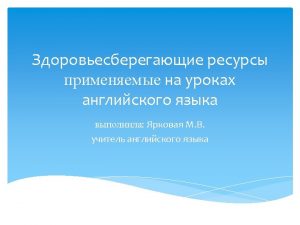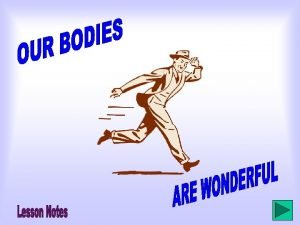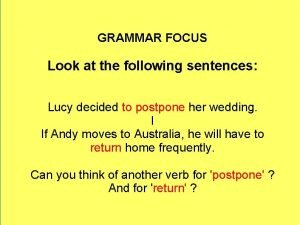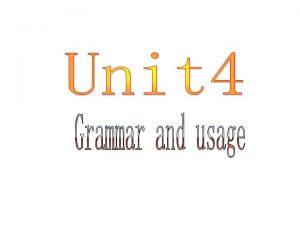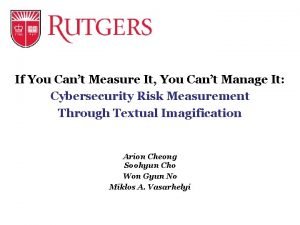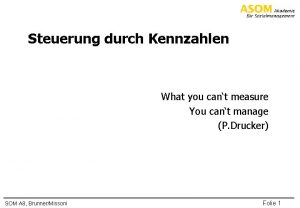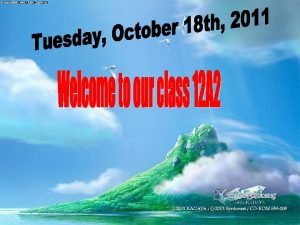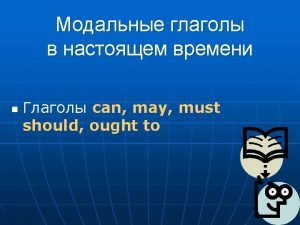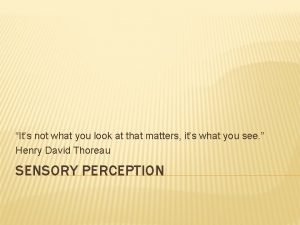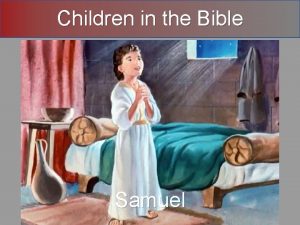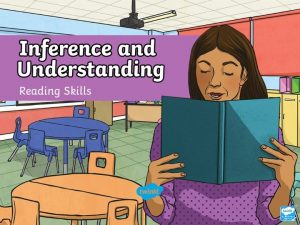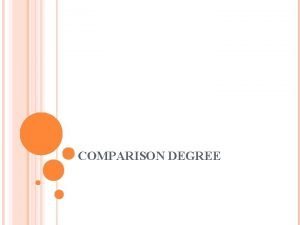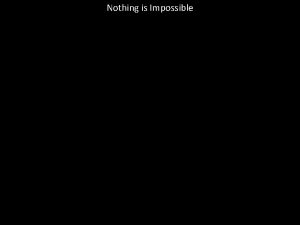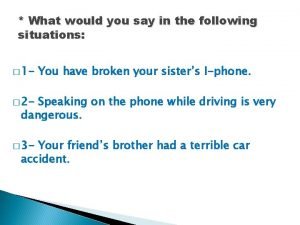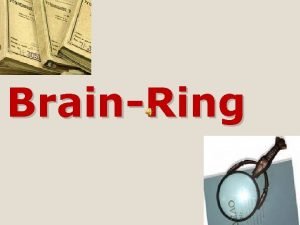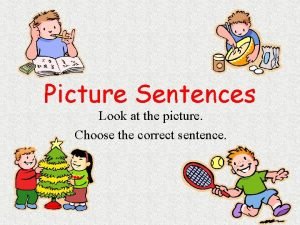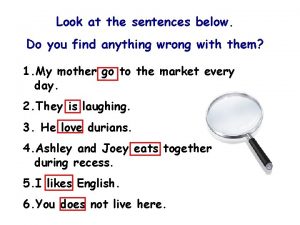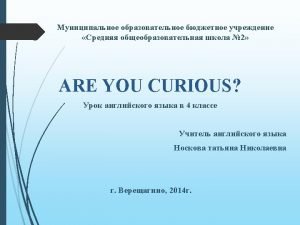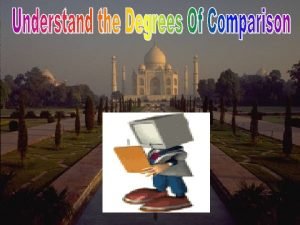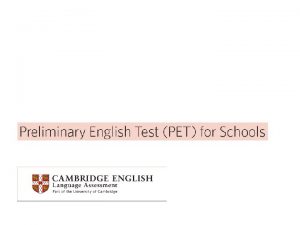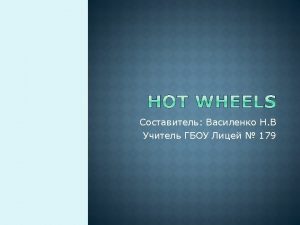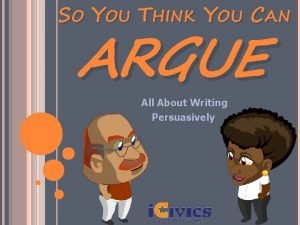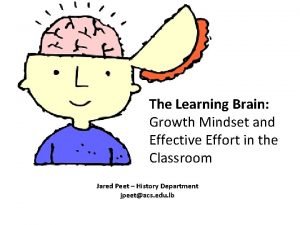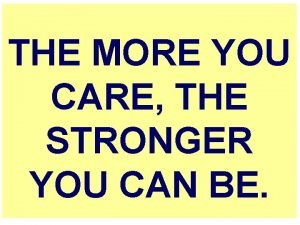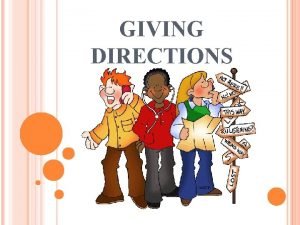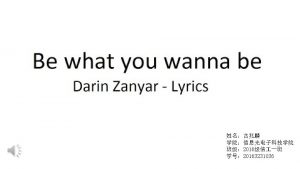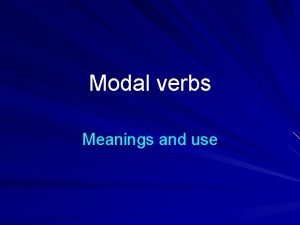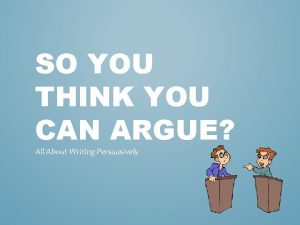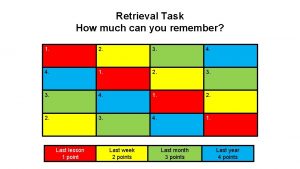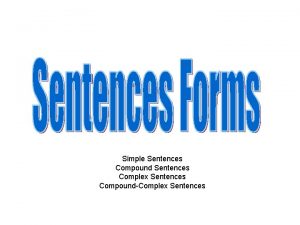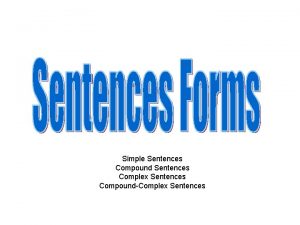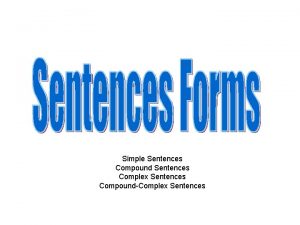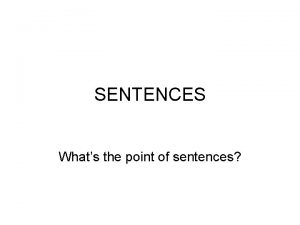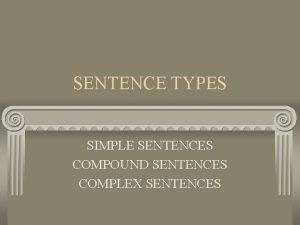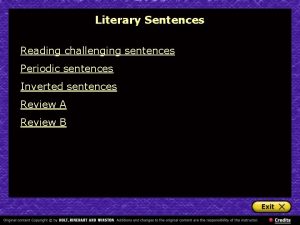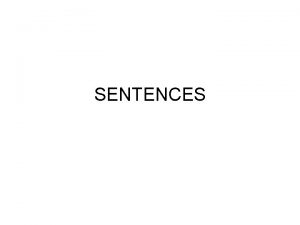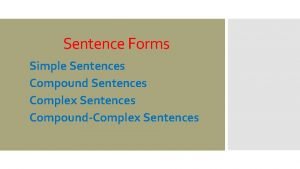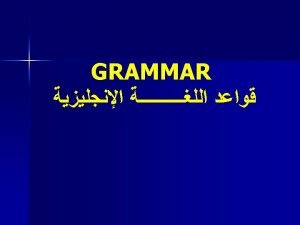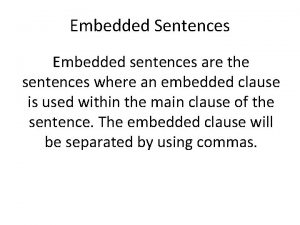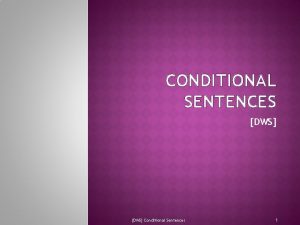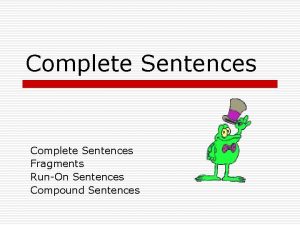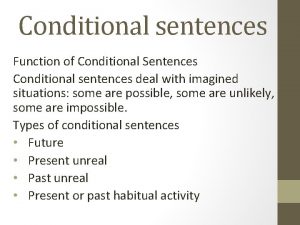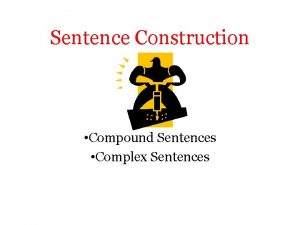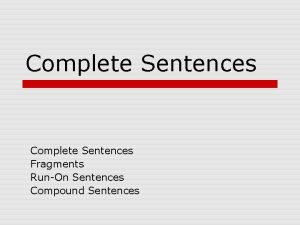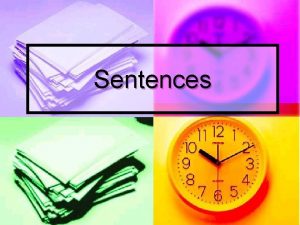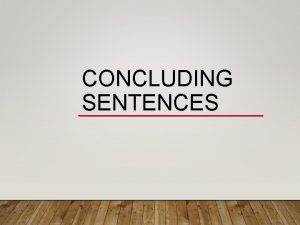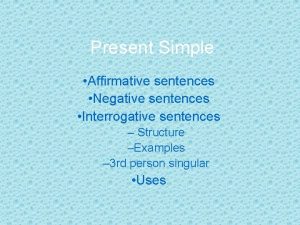Look at the following sentences Can you point
































![1. burden: noun [C] <1> a heavy load that you carry: 这头小驴在重担下挣扎着。 The little 1. burden: noun [C] <1> a heavy load that you carry: 这头小驴在重担下挣扎着。 The little](https://slidetodoc.com/presentation_image_h/a191415beeb0ae1477ec3bffc50e77cd/image-33.jpg)

![2. bear: verb [T] bore, borne or US ALSO born <1> to hold or 2. bear: verb [T] bore, borne or US ALSO born <1> to hold or](https://slidetodoc.com/presentation_image_h/a191415beeb0ae1477ec3bffc50e77cd/image-35.jpg)


![他不能忍受看到狗痛苦。 [+ to infinitive] He couldn't bear to see the dog in pain. 我不能忍受有人烦我。 他不能忍受看到狗痛苦。 [+ to infinitive] He couldn't bear to see the dog in pain. 我不能忍受有人烦我。](https://slidetodoc.com/presentation_image_h/a191415beeb0ae1477ec3bffc50e77cd/image-38.jpg)

![如果这些症状变得严重的话, 向医生请教。 If the symptoms get worse, consult your doctor. <2> [I or T] 如果这些症状变得严重的话, 向医生请教。 If the symptoms get worse, consult your doctor. <2> [I or T]](https://slidetodoc.com/presentation_image_h/a191415beeb0ae1477ec3bffc50e77cd/image-40.jpg)


![noun [C or U] 我们必须作出牺牲为孩子们的教育负费。 We had to make sacrifices in order to pay noun [C or U] 我们必须作出牺牲为孩子们的教育负费。 We had to make sacrifices in order to pay](https://slidetodoc.com/presentation_image_h/a191415beeb0ae1477ec3bffc50e77cd/image-43.jpg)

- Slides: 44



Look at the following sentences. Can you point out the subjects and predicates of them? I’ll come back in three days. There are many students in our school.

In the above sentences, the subjects are I and many students, and the predicates are will come back and are. The two sentences are both simple sentences.

Can you analyse the following sentences? How many simple sentences are there in them? Aunt really enjoyed France and so did I. Society has changed and the people in it have changed too.

There are two simple sentences in each of the above sentences, and the conjunction and is used to connect the two sentences. This kind of sentence is called a compound sentence.

Look at the following sentences: If it hadn’t been for their help, we couldn’t have finished the work on time. I wonder if your wife will go to the ball.

The two sentences are complex sentences. The main clauses are we couldn’t have finished the work on time and I wonder, and the subordinate clause are If it hadn’t been for their help and if your wife will go to the ball.

Look at another sentence: He completed a masterpiece and as this is the focus of the exhibition, I would like you to find out about it.

In this sentence, and links two sentences. The sentence before and is a simple sentence, while the sentence after and is a complex sentence. In the complex sentence, the main clause is I would like you to find out about it, and as this is the focus of the exhibition is used as an adverbial clause. This kind of sentence is called a complex-compound sentence.

The general structure of types of sentences: 1. the simple sentence: subject + predicate 2. the compound sentence: subject + predicate + and/but/or/for + subject + predicate

3. the complex sentence: main clause + subordinate clause 4. the complex-compound sentence: the simple sentence + and/but/or + the complex sentence

高考链接 1. See the flags on top of the building? That was ___ we did this morning. (2006全国I) A. when B. which C. where D. what 2. ____ he has limited technical knowledge, the old worker has a lot of experience. (2006全国I) A. Since B. Unless C. As D. although

3. Please remind me ___ he said he was going, I may be in time to see him off. (2006全国I) A. where B. when C. how D. what 4. It was not until she got home ___ Jennifer realized she had lost her keys. (2006全国II) A. when B. that C. where D. before

5. We thought there were 35 students in the dining hall, ___, in fact, there were 40. (2006全国II) A. while B. whether C. what D. which 6. ---What did your parents think about your decision? (2006全国II) --- They always let me do ___ I think I should. A. when B. that C. how D. what

7. —Scientists say it may be five or six years it is possible to test this medicine on human patients. (2004福建) A.since B.after C.Before D.when 8. Parents are taught to understand ______ important education is to their (2004广东) children’s future. A. that B. how C. such D. so

9. I work in a business _____ almost everyone is waiting for a great chance. (2004湖南) A. how B. which C. where D. that 10. I think Father would like to know ____ I've been up to so far, so I decide to send him a quick note. (2004湖南) A. which B. why C. what D. how

Consolidation I. Multiple choice: 1. Her sister has become a lawyer, wanted to be. she A.who B.that C.What D.which 2. We were told that we should follow the main road we reached the central railway station. A.whenever B.until C.while D.wherever

3. The factory produces half a million pairs of shoes every year , 80% are sold abroad. A.of which B.which of C.of them D.of that 4. The English play _______ my students acted at the New Year's party was a great success. A. for which C. in which B. at which D. on which

5. Roses need special care _____ they can live through winter. A. because C. even if B. so that D. as 6. —Is that the small town you often refer to? —Right, just the one you know I used to work for years. A.that B.which C.where D.what

7. There were dirty marks on her trousers ______ she had wiped her hands. A. where B. which C. when D. that 8. _____you call me to say you' re not coming, I'll see you at theatre. A. Though C. Until B. Whether D. Unless

9. The journey around the world took the old sailor nine months, _____ the sailing time was 226 days. A. of which C. from which B. during which D. for which 10. I hope you don’t mind me asking, _____ where did you buy those shoes? A. so B. and C. yet D. but

11. I do every single bit of housework _____ my husband Bob just does the dishes now and then. A. since B. while C. when D. as 12. —Did Jack come back early last night? —Yes. It was not yet eight o’clock he arrived home. A.before B.when C.that D.until

13. The old lady’s hand shook frequently. She explained to her doctor ______ this shaking had begun half a year before, and _____, only because of this, she had been forced to give up her job. A. when; how C. how; how B. how; when D. why; why

14. Mark was a student at this university from 1999 to 2003, ____ , he studied very hard and was made Chairman of the Students' Union. A. during which time B. for which time C. during whose time D. by that time 15. After Yang Liwei succeeded in circling the earth, _______ our astronauts desire to do is walk in space. A. where C. that B. what D. how

16. _____ modeling business is by no means easy to get into, the good model will always be in demand. A. While B. Since C. As D. If 17. Anyway, that evening, ____ I’ll tell you more about later, I ended up staying at Rachel’s place. A. when B. where C. what D. which

18. Great changes have taken place in that school. It is no longer ______ it was 20 years ago, ______ it was so poorly equipped. A. what; when C. what; which B. that; which D. which; that 19. You must keep on working in the evening, ______ you are sure you can finish the task in time A. as B. if C. when D. unless

20. That was really a splendid evening. It’s years ______ I enjoyed myself so much. . A. when C. before B. that D. since

II. Translation: 1. 有许多种运动, 但我最喜欢的是游泳。 There are many kinds of sports, but my favorite is swimming. 2. 你说每个人都是平等的,这是我不同意之处。 You are saying that everyone should be equal, and this is where I disagree.

3. 他必须写一篇历史论文, 可他找不到时间写。 He had to write a history paper, but he couldn't find time to do it. 4. 我不能理解为什么他坚持骑摩托车去。 I can't understand why they insist on going by motorbike.

5. 几个星期过去了,我才意识到这幅画失踪了。 Several weeks had gone by before I realized the painting was missing. 6. 无论什么时候你都可以在我的饭店免费吃饭。 You can eat food free in my restaurant whenever you like.

![1 burden noun C 1 a heavy load that you carry 这头小驴在重担下挣扎着 The little 1. burden: noun [C] <1> a heavy load that you carry: 这头小驴在重担下挣扎着。 The little](https://slidetodoc.com/presentation_image_h/a191415beeb0ae1477ec3bffc50e77cd/image-33.jpg)
1. burden: noun [C] <1> a heavy load that you carry: 这头小驴在重担下挣扎着。 The little donkey struggled under its heavy burden. <2> something difficult or unpleasant that you have to deal with or worry about: 我年迈的母亲担心她是我的负担。 My elderly mother worries that she's a burden to me.

burdensome adjective FORMAL causing difficulties or work: 难于负担的 作 a burdensome task burden verb [T] 我不想用我的问题来麻烦你。 I don't want to burden (= trouble) you with my problems.
![2 bear verb T bore borne or US ALSO born 1 to hold or 2. bear: verb [T] bore, borne or US ALSO born <1> to hold or](https://slidetodoc.com/presentation_image_h/a191415beeb0ae1477ec3bffc50e77cd/image-35.jpg)
2. bear: verb [T] bore, borne or US ALSO born <1> to hold or support something: 这把椅子太易坏了不能承受她的重量, 结果塌了。 The chair, too fragile to bear her weight, collapsed. <2> to have or continue to have something:

他们的孩子非常像它的祖父。 Their baby bears a strong resemblance /an uncanny likeness to its grandfather 谢谢你的建议, 我将把它记在心里。 Thank you for your advice, I'll bear it in mind (= will remember and consider it).

<3> to accept, tolerate or endure especially something unpleasant: 现在就告诉我! 我不能忍受悬念。 Tell me now! I can't bear the suspense! 这是你的决定—如果出问题, 你必须 承担责任。 It's your decision - you must bear the responsibility if things go wrong.
![他不能忍受看到狗痛苦 to infinitive He couldnt bear to see the dog in pain 我不能忍受有人烦我 他不能忍受看到狗痛苦。 [+ to infinitive] He couldn't bear to see the dog in pain. 我不能忍受有人烦我。](https://slidetodoc.com/presentation_image_h/a191415beeb0ae1477ec3bffc50e77cd/image-38.jpg)
他不能忍受看到狗痛苦。 [+ to infinitive] He couldn't bear to see the dog in pain. 我不能忍受有人烦我。 [+ ing form of verb] I can't bear being bored.

bearable adjective If an unpleasant situation is bearable, you can accept or deal with it: 就她而言, 只有周末才使生活可以忍受。 As far as she was concerned, only the weekends made life bearable. 3. consult: verb <1> [T] to get information or advice from a person, book, etc. with special knowledge on a particular subject:
![如果这些症状变得严重的话 向医生请教 If the symptoms get worse consult your doctor 2 I or T 如果这些症状变得严重的话, 向医生请教。 If the symptoms get worse, consult your doctor. <2> [I or T]](https://slidetodoc.com/presentation_image_h/a191415beeb0ae1477ec3bffc50e77cd/image-40.jpg)
如果这些症状变得严重的话, 向医生请教。 If the symptoms get worse, consult your doctor. <2> [I or T] to discuss something with someone before you make a decision: 关于这件事你为什么不和我协商? Why didn't you consult me about this? consultant noun [C]

someone who advises people on a particular subject: 管理/金融/电脑顾问 a management/financial/computer consultant consultation noun [C] a meeting to discuss something or to get advice:

在和我们的会计协商之后, 我们决定了 怎样在公司内部削减费用。 After consultations with our accountants, we've decided how to cut costs within the company. 4. sacrifice: (KILL) verb [I or T] to give up something that is valuable to you in order to help another person: 许多女性为她们的家庭牺牲事业。 Many women sacrifice their careers for their family.
![noun C or U 我们必须作出牺牲为孩子们的教育负费 We had to make sacrifices in order to pay noun [C or U] 我们必须作出牺牲为孩子们的教育负费。 We had to make sacrifices in order to pay](https://slidetodoc.com/presentation_image_h/a191415beeb0ae1477ec3bffc50e77cd/image-43.jpg)
noun [C or U] 我们必须作出牺牲为孩子们的教育负费。 We had to make sacrifices in order to pay for our children's education.

 Look up look down look all around
Look up look down look all around If you think you can you can poem
If you think you can you can poem Look at the following sentences
Look at the following sentences Combining sentences
Combining sentences If you can imagine it you can achieve it
If you can imagine it you can achieve it If you can't measure it it does not exist
If you can't measure it it does not exist If you cannot measure it you cannot manage it
If you cannot measure it you cannot manage it You cant manage what you cant measure
You cant manage what you cant measure Goldene bilanzregel
Goldene bilanzregel Look at the pictures and complete with can or can't
Look at the pictures and complete with can or can't Look at the pictures and say what their jobs are
Look at the pictures and say what their jobs are Point out the verbs in the following sentences
Point out the verbs in the following sentences It's not what you look at that matters, it's what you see.
It's not what you look at that matters, it's what you see. Don't let anyone look down on you because you are young
Don't let anyone look down on you because you are young Logos everywhere
Logos everywhere Activity 1 picture
Activity 1 picture Activity 4 look for it
Activity 4 look for it 1.look at the picture
1.look at the picture You can tell harris about it just ____(easily) as i can.
You can tell harris about it just ____(easily) as i can. You can tell harris about it just ____(easily) as i can.
You can tell harris about it just ____(easily) as i can. How to be more impressive 1+1=2
How to be more impressive 1+1=2 I know nothing is impossible
I know nothing is impossible Following situations
Following situations Task 1 match the words
Task 1 match the words Look at the picture and choose the correct sentences.
Look at the picture and choose the correct sentences. Examine the sentences below
Examine the sentences below Look at the pictures and make up sentences
Look at the pictures and make up sentences Look at the pictures and complete the sentences.
Look at the pictures and complete the sentences. Present continuous write
Present continuous write Look at the six sentences for this part
Look at the six sentences for this part Turn left right here
Turn left right here Have a daughter so you can argue
Have a daughter so you can argue Jared peet
Jared peet Standardasation
Standardasation Alan and susie an argument
Alan and susie an argument Turn left turn right go straight on exercises
Turn left turn right go straight on exercises You can be just the one you wanna be
You can be just the one you wanna be I can hear you quite well. you not shout
I can hear you quite well. you not shout So you think you can argue
So you think you can argue Check if you can remember what tim tells you
Check if you can remember what tim tells you Hình ảnh bộ gõ cơ thể búng tay
Hình ảnh bộ gõ cơ thể búng tay Slidetodoc
Slidetodoc Bổ thể
Bổ thể Tỉ lệ cơ thể trẻ em
Tỉ lệ cơ thể trẻ em Chó sói
Chó sói
